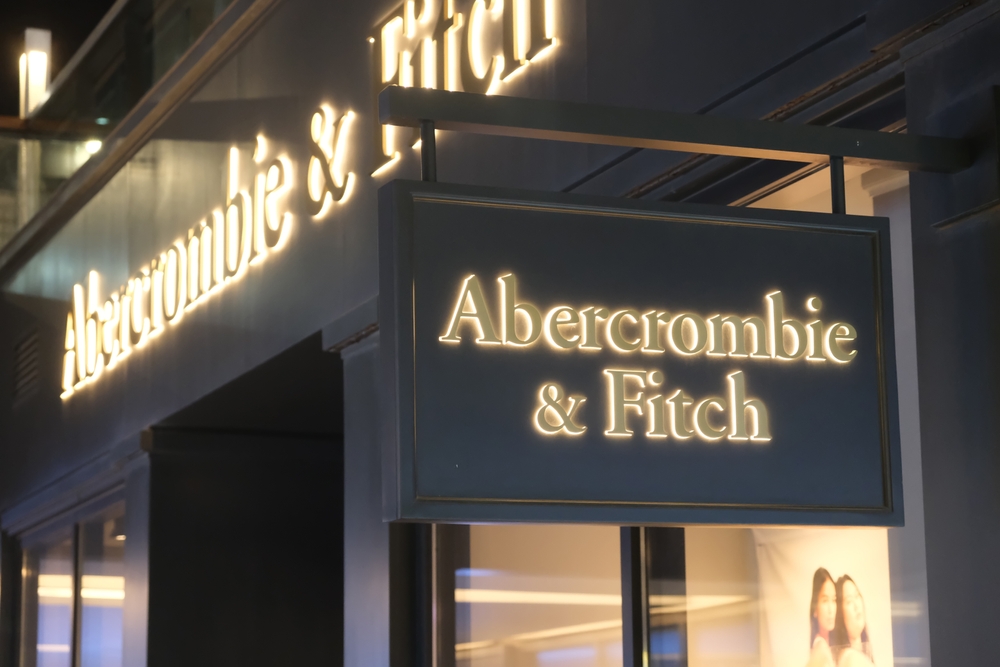Overview:
Abercrombie & Fitch Trading Co alleges that a network of parties counterfeited, sold, and profited from fragrances bearing the Abercrombie & Fitch trademarks. This smells like a case for consumer survey use.
Abercrombie’s Ascent
Abercrombie & Fitch Trading Co. is an Ohio-based global manufacturer and retailer, claiming it uncovered a vast counterfeiting operation in Hong Kong, with products trickling down through eBay and Amazon. Abercrombie was founded by David Abercrombie originally as an outdoor clothing retailer in 1892, and was purchased by The Limited in 1988, eventually expanding to 125 global retail stores. The famous rise and fall of the brand is even documented in a Netflix-produced movie, White Hot: The Rise of Abercrombie & Fitch.
The company’s recent discovery of a global counterfeit network could also make for a rich cinematic plot twist. On August 29, 2024, Abercrombie & Fitch filed a lawsuit in the U.S District Court for the Southern District of New York against multiple defendants it accused of counterfeiting its fragrances. The lawsuit alleges trademark infringement, counterfeiting, false designation of origin, and unfair competition.
Scents and Scalability
According to the complaint, the global market is being flooded with perfume bearing unauthorized Abercrombie & Fitch Co. trademarks. The complaint includes information on the complex supply chain, some of which is illuminated in an example where an entity calling itself Abercrombie & Fitch Hong Kong Limited sold counterfeit perfumes to Adonis Beauty Limited, which then sold products to another Hong Kong-based company called Fame Ascent Trading. Fame Ascent Trading then sold the product to US-based Questar and Modern Perfumes, and Questar sold the perfumes to FragranceNet and 24 distributors.
Abercrombie argues that the web of culpability is far-reaching, including ecommerce sites selling the counterfeit perfumes as well as U.S.-based suppliers and the source organizations in Hong Kong, Singapore, and Dubai, which it alleges use inauthentic letters of authentication. Abercrombie filed a prior lawsuit in 2023, but as it discovered the chain’s complexity, it revised the suit.
Smells Like a Consumer Survey Case
Counterfeit cases are trademark infringement cases, in which consumer surveys are often useful as evidence. One way that consumer surveys can be used in a trademark counterfeiting case is to measure consumer confusion between authentic and counterfeit products using a likelihood of confusion survey. Another potentially useful survey would be a materiality survey, measuring whether the Abercrombie & Fitch trademark was material to consumers’ perfume purchases. This case is ongoing.
Contact MMR Strategy Group today if you are involved in litigation requiring surveys measuring materiality or consumer confusion.
